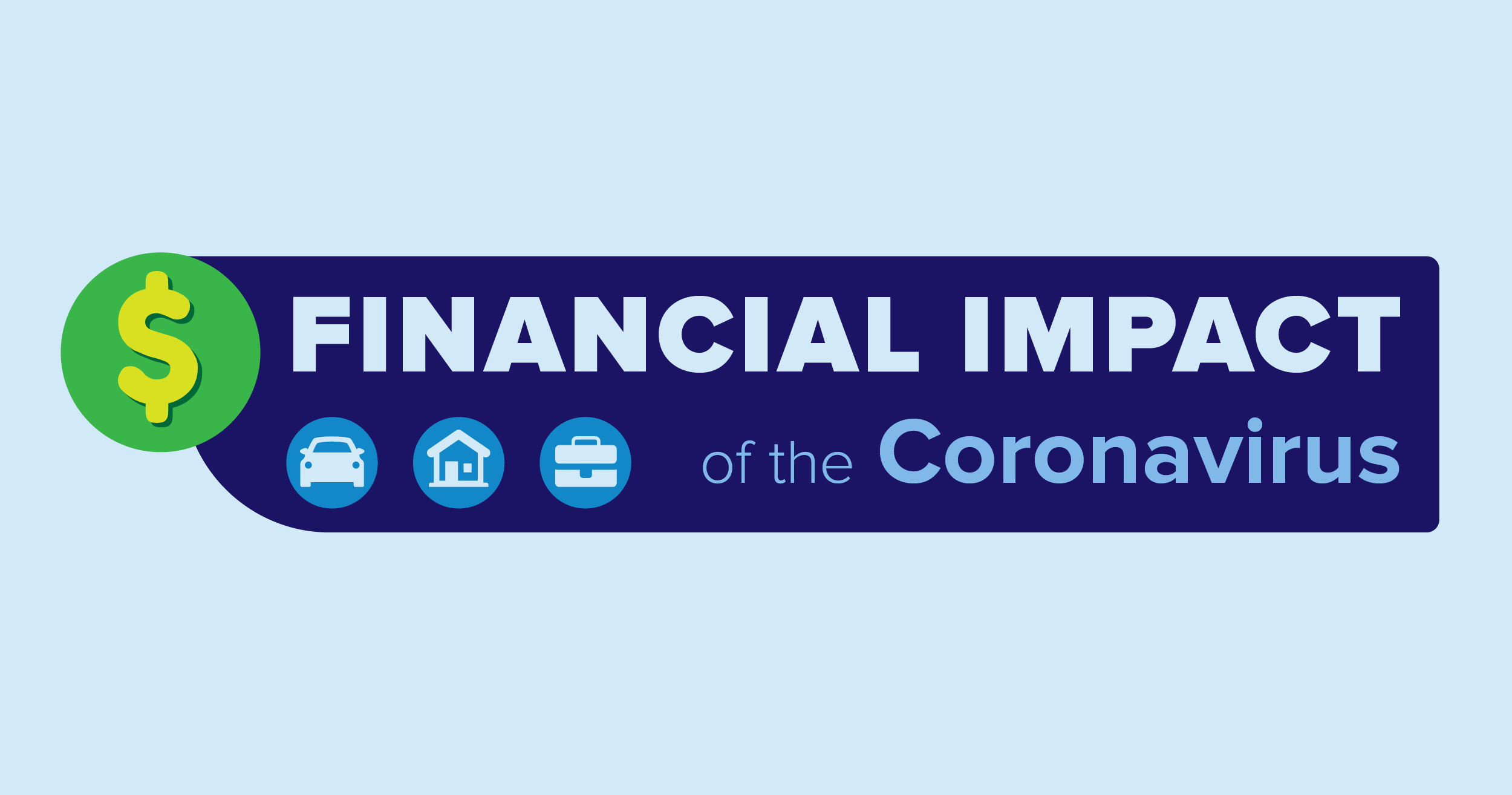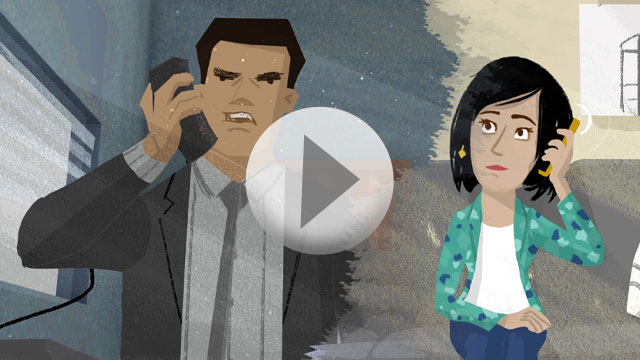Dealing with debt collectors during the pandemic
April 22, 2020
Job losses have traveled hand-in-hand with the Coronavirus. If you’re having trouble paying your bills, you’re not alone. Here are a few things to keep in mind if a debt collector calls.
Consider talking with the collector at least once, even if you can’t pay right away or don’t think you owe the money. That way, you can confirm whether it’s really your debt. If it is, you may be able to work out a payment plan or settlement.
Collectors have to follow rules when they contact you. Watch the short video at the end of this post to learn about these rules. During the Coronavirus emergency, the federal government and many state and local governments also have put special programs in place that may help you manage your debt:


Consider talking with the collector at least once, even if you can’t pay right away or don’t think you owe the money. That way, you can confirm whether it’s really your debt. If it is, you may be able to work out a payment plan or settlement.
Collectors have to follow rules when they contact you. Watch the short video at the end of this post to learn about these rules. During the Coronavirus emergency, the federal government and many state and local governments also have put special programs in place that may help you manage your debt:
- The Department of Education (ED) has temporarily stopped the collection of federally-owned student loans that are in default. In fact, whether or not you’re in default, if you have federal student loans, you don’t need to pay your monthly payments from March 13 through September 30, 2020, and interest also has been suspended. Visit ED’s website to learn more.
- Some states are limiting what collectors can do during this emergency. For example, you’ve probably heard about the $1,200 economic stimulus payments that most people will get as a direct deposit to their bank account. If a debt collector or a creditor has sued you, they may have a garnishment order that would let them seize the payment when it reaches your account. Some states, however, are temporarily making debt collection seizures like this illegal. Check with your state attorney general to find out about any emergency limits on debt collection actions in your state. (A new IRS “Get My Payment” tool lets you track the payment to your account.)
- Many state and local governments have temporarily halted actions like evictions, foreclosures, and water and utility shutoffs. Contact your state and local government to find out about emergency protections that may apply to you.

Blog Topics:
Money & Credit
No comments:
Post a Comment